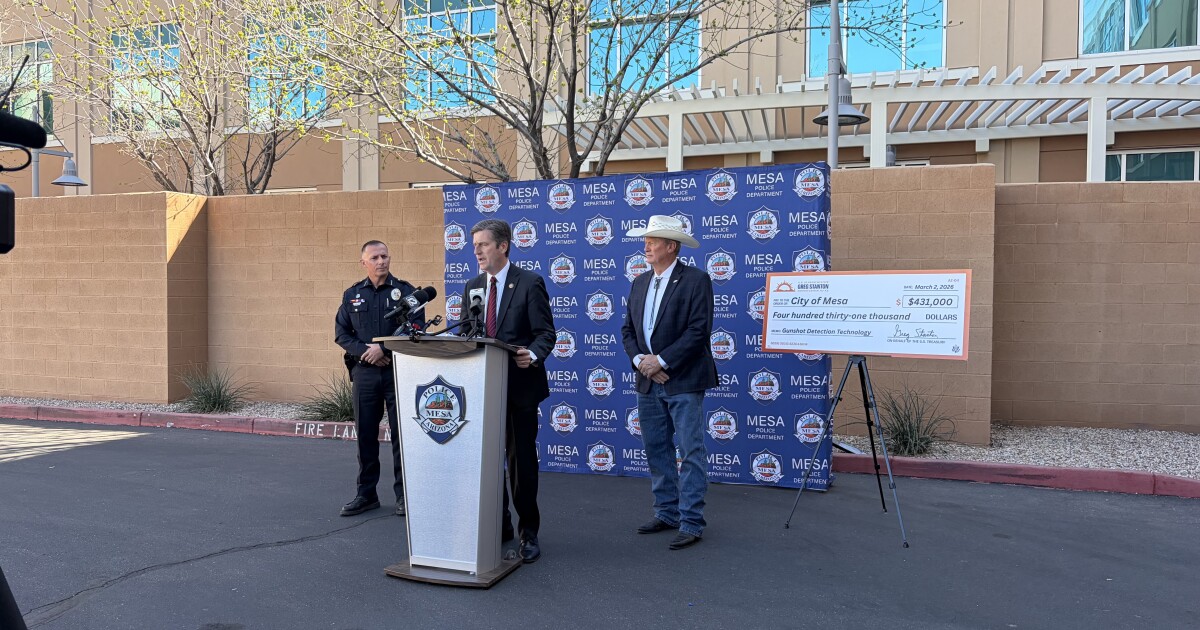Article Summary –
The One Big Beautiful Bill Act proposed by congressional Republicans seeks to eliminate or restrict clean energy tax credits, which could significantly impact projects like the $10 million solar initiative by Tunkhannock Area School District, potentially halting efforts to become energy-independent and save millions in annual costs. The legislation is intended to fund tax cuts for wealthy Americans and proposes cutting numerous social programs, thereby increasing the national debt and potentially making clean energy projects unaffordable for schools, churches, and other institutions. The bill’s passage could lead to the loss of thousands of solar industry jobs, increased energy costs for households, and jeopardize Pennsylvania’s Solar for Schools program, which is integral to helping schools, particularly in low-income areas, transition to sustainable energy solutions.
Kristen Crowell understands that a single healthcare bill can drastically change one’s life. The Tunkhannock Area School District spent extensive time planning a $10 million solar project, now threatened by the congressional Republicans’ One Big Beautiful Bill Act. The project promised to make the district energy-independent and save around $1 million annually.
Republicans aim to cut clean energy tax credits from the Inflation Reduction Act, signed in 2022. These credits have enabled homeowners, schools, and churches to afford clean energy projects like solar panels.
Federal funding covers about half of the Tunkhannock solar project costs, which might become unaffordable. The district’s board approved the project in April 2024. Governor Shapiro’s administration recently granted over $1 million to Tunkhannock under the state’s Solar for Schools program.
‘It’s going to kill jobs’
Nearly all House Republicans, including those from Pennsylvania, supported the One Big Beautiful Bill Act. The Senate is set to vote on it as well. Both versions would end some Inflation Reduction Act energy credits.
This bill is intended to fund President Trump’s tax cuts for wealthy Americans and would slash Medicaid, and SNAP, add to the national debt, and cut healthcare.
The legislation threatens energy credits for electric vehicles and solar projects, making it harder for institutions to access the Inflation Reduction Act’s Direct Pay program.
“The Senate’s tax plan harms clean energy credits, raising energy costs and increasing pollution,” wrote the Center on Budget and Policy Priorities in a report.
If passed, the bill returns to the House before reaching Trump. Proposed tax credit cuts would impact schools, churches, and nonprofits, said Andreas Karelas of RE-volv, which aids organizations in installing solar systems.
“The solar industry employs 300,000 people,” Karelas noted. “Cutting the investment tax credit is economically damaging, killing jobs and raising electricity prices.”
The Solar Energy Industries Association warned the bill could cut 300,000 solar jobs by 2028 and put 6,400 Pennsylvania jobs at risk. If solar projects are canceled due to lack of credits, utility costs will rise amidst a volatile climate, policy experts suggest. Princeton University’s ZERO Lab found that the bill could increase household energy costs significantly by 2030.
At a rural church, solar panels bring money for community outreach
The Rev. Julia Brown’s congregation at Solomon’s United Church of Christ in Chambersburg installed 30 solar panels thanks to federal funding.
Since November 2024, these panels meet 100% of the church’s electricity needs, saving $1,500 annually. Their last electric bills were $14 each.
“Our church focuses on food insecurity and environmental stewardship, known as creation care,” Brown remarked. Their solar savings fund community projects like a garden and food pantry.

Inflation Reduction Act’s Direct Pay program funded the church’s solar project. Although the One Big Beautiful Bill Act doesn’t eliminate it, it imposes restrictive measures, Karelas explained.
“Tax credits are crucial for energy independence,” Brown added. “If we don’t transition to clean energy, our environment and livelihoods are at risk.”
School solar projects threatened
In Pennsylvania, schools benefiting from Solar for Schools grants face losing their solar projects due to the bill, according to nonprofit leaders.
The bill jeopardizes tens of millions in solar initiatives statewide, affecting low-income districts reliant on federal aid, said Tish Tablan of Generation180 and Sara Ross of UndauntedK12.
The Shapiro administration invested $22.6 million in school solar projects, meant to complement federal credits. Schools may miss this opportunity without federal support.
Every Pennsylvania House district has a school receiving Solar for Schools funding, per an UndauntedK12 analysis.
The House bill mandates starting projects within 60 days of enactment, risking lost credits for schools, Ross warned. The Senate offers more time. “Planning for school projects takes years; the House bill disrupts progress, especially in Pennsylvania,” she explained.
Tablan estimates eliminating the Clean Electricity Investment Credit could cost Pennsylvania schools $52 million.
Without this funding, schools can’t pursue solar projects or use energy savings for salaries, Tablan and Ross said.
“The bill raises energy costs for all consumers because solar offers affordable electricity,” Ross stated. “This impacts schools, businesses, homes—everyone will feel the effects.”
—
Read More Pennsylvania News









